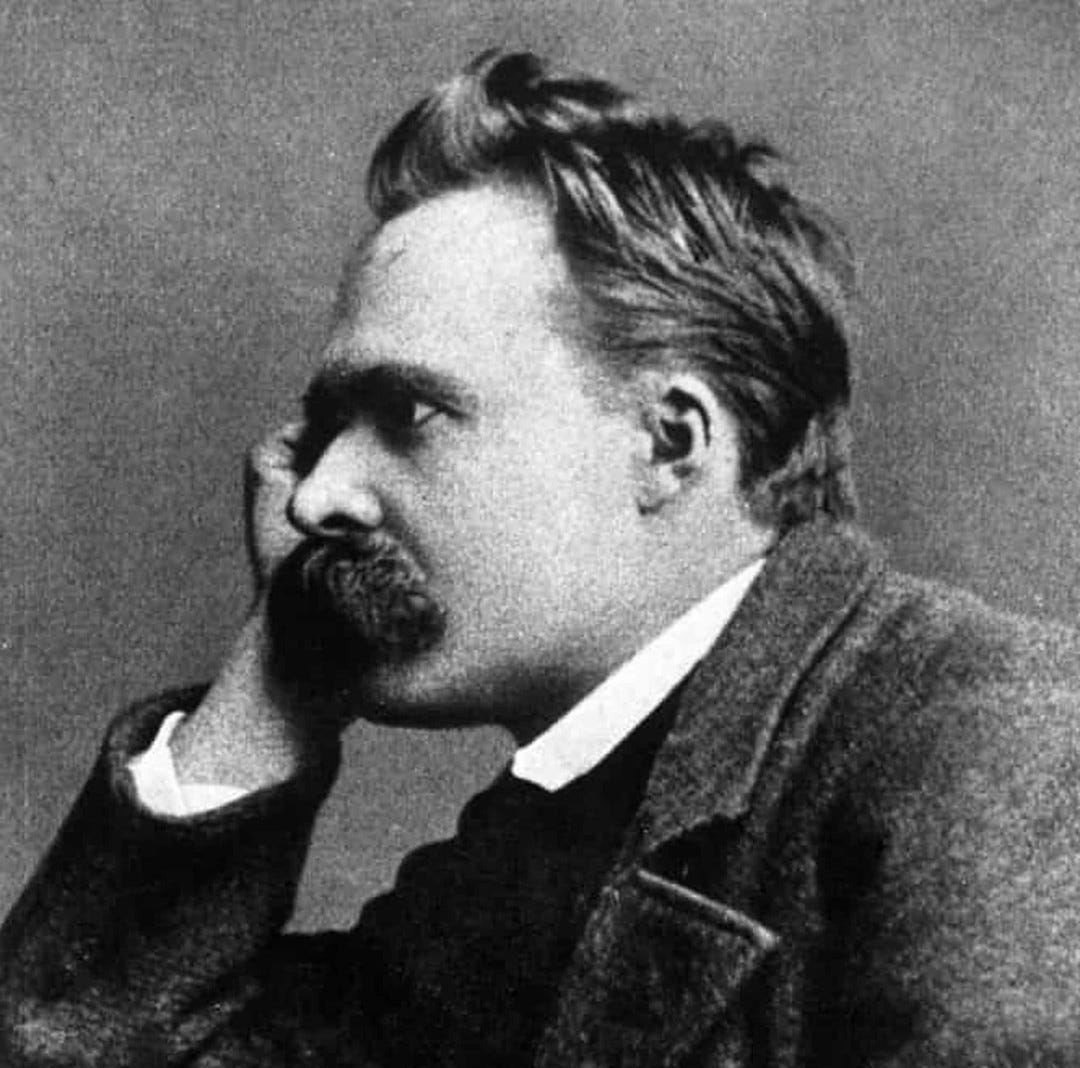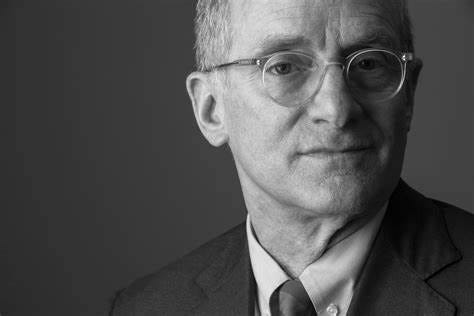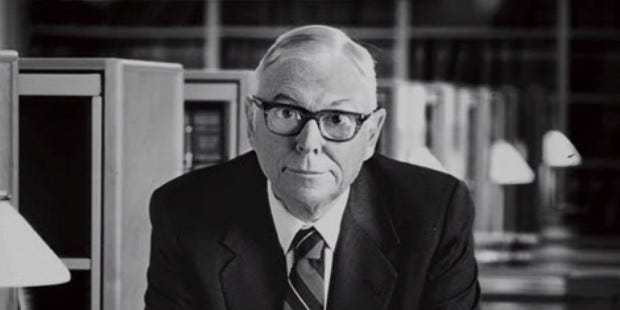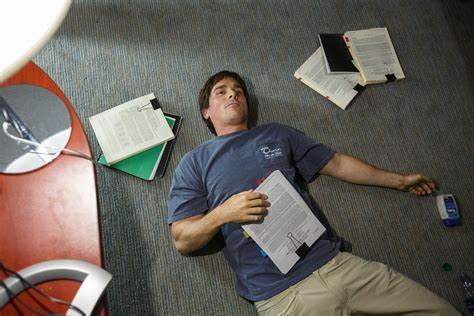What if the biggest thing holding back your investing success isn’t ignorance, but competence? What if you’re ‘good enough’, and that’s the problem?
Today, we’re breaking down one of Edward De Bono’s most overlooked concepts, being ‘Blocked by Adequacy’, and how it quietly leads investors to miss major opportunities.
I have an episode on another portion of Edward De Bono’s book Lateral Thinking, covering the effectiveness of using analogies in problem solving, check it out here.
What is it to be blocked by adequacy?
Being blocked by adequacy means that when something is good enough, we stop looking for better answers. We settle for what works, even if it’s not the best.
In investing, adequacy looks like using simple, familiar metrics; PE ratios, dividend yields, historical growth rates, all without questioning whether they’re actually the best tools for the job.
Ever passed on a stock because it didn’t fit your usual analysis? Or stuck with a comfortable strategy, even when it stopped working? That’s the mental trap we’re talking about.
Here’s a visualisation of being blocked by adequacy in business:
The manager on the left has always done his stocking manually, he has had no reason to think of doing it a better way because this way worked just fine, it is adequate.
The manager on the right was not satisfied with a merely adequate way of stocking, he sought the best way to do it, he now plays golf on his Friday afternoons.
This second-level of thinking, a curiosity to challenge accepted methods of doing things, is what separates average businesses from exceptional businesses.
The dangers of being blocked by adequacy
One way adequacy traps us is through our admiration of people and ideas. When someone we respect speaks, we’re tempted to take their words as gospel, letting their beliefs harden into unquestioned truths. While having heroes is valuable, worshiping them blindly is a dangerous path, one that replaces independent thought.
As Nietzsche wrote so beautifully in his autobiography, Ecce Homo:
“One repays a teacher badly if one remains only a pupil. You Respect me; but how if one day your respect should tumble? Take care that a falling statue does not strike you dead!”
- Nietzsche
I couldn’t explain it better myself, to do your hero justice, take their best ideas and move beyond them. Do not worship them from below, for if their ideas fall, they may crush you.
It is dangerous to let your heroes' ideas harden into doctrine.
Their wisdom should serve you, guiding better decisions, not chaining you to a fixed way of thinking. Hold them too tightly, and they will become the adequacy that blocks excellence.
This prevention of excellence is not something that is restricted to investing. Here’s a few situations where adequacy most commonly hurts us:
The routes we take when driving
The foods we order at a restaurant
The exercise we do in our spare time
The places we choose to live
The partner we choose to marry
The music we listen to
There are undoubtedly better options than what we choose in each of these scenarios, these are usually decisions that we take for granted, we do not sit and question whether these are as good as they can be.
Blindly accepting your own assumptions can lead to a life suppressed of its potential. So much beauty on offer with so little of it experienced.
3 Methods you can use to think beyond adequacy:
Breaking free from adequacy requires deliberate thinking, seeing what others miss, questioning what others accept, and approaching problems from angles most ignore.
Here are three powerful methods to help you do exactly that:
1. Second-Level Thinking: Seeing Beyond the Obvious
“First-level thinkers look for simple formulas and easy answers. Second-level thinkers know that success in investing is the antithesis of simple”
- Howard Marks
Most people stop at the first, most apparent conclusion. Second-level thinking pushes beyond the surface, asking: What happens next? What are the unintended consequences? What is everyone else missing?
Great investors like Howard Marks emphasise this skill, it’s the difference between reacting to today’s news and anticipating how the market will react to the reaction.
Adequacy accepts the obvious. Second-level thinking questions it.
Try this: Before making a decision, write down the first answer that comes to mind, then force yourself to come up with a second, deeper layer of reasoning. You’ll be surprised at how often the second thought is the sharper one.
Always test your conclusion with: why? why? why?
2. Inversion: Thinking Backward to Move Forward
“Invert, always invert. Turn a situation or problem upside down. Look at it backward.”
- Charlie Munger
Instead of asking, How do I succeed?, ask, How do I fail? Inversion, a favorite technique of Charlie Munger, forces you to look at problems from the opposite perspective, revealing blind spots that adequacy hides.
Want to make a good investment? Instead of only asking what makes a great stock, ask what destroys investor returns. Want to make your employees happy? Ask yourself everything that might make them unhappy, and avoid those things ruthlessly.
Try this: Take any goal or problem you’re facing. Instead of asking how to achieve it, flip the question, what would guarantee failure? Now, eliminate those failure points.
3. The Socratic Method: Questioning Your Way to Clarity
Most people seek confirmation. The Socratic Method seeks truth. Instead of passively accepting an idea, interrogate it. Why is this true? What assumptions am I making? What evidence would prove me wrong?
Adequacy thrives on unchallenged beliefs.
By continuously questioning your own reasoning, you break free from conventional wisdom and develop insights others overlook.
Try this: The next time you make an assumption about an investment, a person, or even yourself, ask: How do I know this is true? Keep digging. Often, what seems obvious and self-evident crumbles under minimal stress.
The Socratic method is an excellent process that ruthlessly seeks truth, use it to your advantage.
The Reward That Awaits:
If you have watched The Big Short, you will know about Micheal Bury, he was one the first investors to short the American housing market in 2005.
This was a monumental defiance of adequacy.
The accepted idea at the time was that anything to do with real estate was rock solid.
If Micheal Bury had accepted this, he would have remained investing in stocks (at his own peril).
But that is not what happened.
He refused to be blocked by adequacy, he delved deeper, he wanted to see for himself whether those mortgage bonds really were rock solid.
What did he do? He did what no one else would, he looked at the individual mortgages inside the bonds.
In looking where no one else bothered to look, he found his $750,000,000 idea.
This is why being blocked by adequacy is so damaging.
Charlie Munger often said that his largest errors were errors of omission (an error of omission is where you did not do something you should have done).
Being blocked by adequacy is the mass production facility dedicated wholly to producing errors of omission.
In rejecting accepted ideas and exploring alternatives for yourself, in being the kind of person that will not take situations on face value, in being the kind of person that is constantly seeking better ways of doing things, you are slowly reducing the chances of being blocked by adequacy and hence reducing a lifetime of errors of omission.
The simple ability to think for yourself is becoming an ever-stronger intellectual edge
When is enough, enough?
If adequacy is the enemy, does that mean nothing is ever enough?
This can be described as the Hedonic Treadmill, which is the idea that despite vast improvement, we humans tend to stabilise and seek further growth, resulting in a permanent lack of satisfaction in our lives despite a great many reasons to be satisfied.
It’s easy to fall into this trap; wondering if every minor action could have been done better. Never feeling satisfied knowing you have not found the optimal way of doing something. But the goal isn’t to be haunted by inefficiency, it’s to recognise that growth isn’t about never being satisfied, it’s about never being stagnant.
There is a time to push, and there is a time to appreciate how far you've come. The pursuit of excellence should energise you, not exhaust you. Instead of fearing what you haven’t yet done, be excited by what you still can do. Be excited that there are so many things waiting to be improved, in the mean time, just as they have been okay for your entire life, they will remain to be okay.
It is entirely up to you the rate at which you challenge adequacy, there is no rush, the best things are done slowly and thoughtfully.
Closing thoughts
“If you want to have a better performance than the crowd, you must do things differently from the crowd.”
- Sir John Templeton
If you want to be above average in anything, you can not do and accept what average people do and accept, it is a necessity that you think and act differently from the crowd.
Only by rejecting adequacy can you seek superior returns.
The comfort of adequacy is a constant downward force on us, a seductive trap; warm and familiar. Most will surrender to its embrace, mistaking stability for success.
The greatest rewards are reserved for those who dare to reject the temptation of adequacy.
The choice is yours, accept average ideas and become average yourself, or reject them and open yourself to the opportunity of being above average.
Dissatisfaction with conventional wisdom is the first step toward extraordinary results.
Thank you for reading once again.
Sincerely,
The Intellectual Edge









